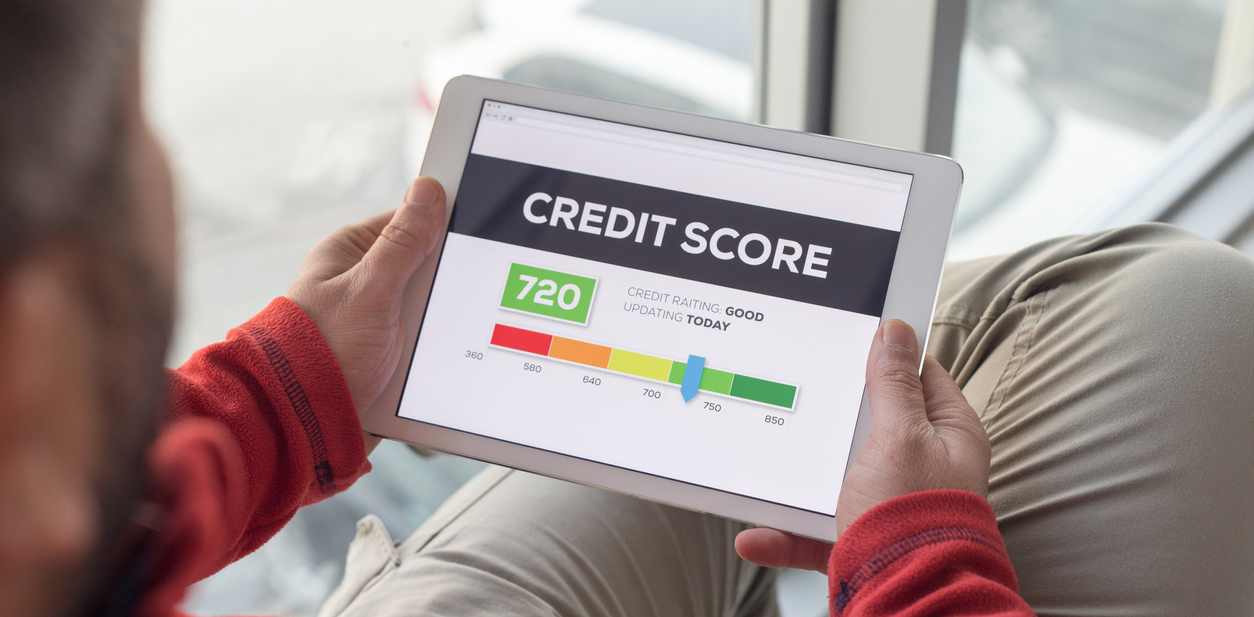Preapproval and pre-qualification may sound like the same thing, but they’re not.
Pre-approval and pre-qualification are similar concepts, but they’re actually two distinct steps in the process of securing an auto loan. If you’re thinking about buying a car soon — or refinancing your auto loan — chances are you’ll have to do both, regardless of your price range.
Understanding the difference between pre-qualification and pre-approval will give you a better idea of how to secure the best loan rates and when to start the loan application process. You’ll also learn how to protect your credit score from unnecessary negative marks.
Here’s a breakdown of the difference between pre-qualification and what pre-approved means for auto loans (and auto loan refinancing): what each term means, why it matters, and how to navigate the process.
What Is Pre-Qualification?
Pre-qualification is the first step to determining your eligibility when applying for a car loan. To be pre-qualified by a lender, you’ll be asked to supply basic information, like your credit score, monthly income, bank statements, and desired loan amount. They’ll use that basic information to create a preliminary offer.
Pre-qualification counts as a soft inquiry, or soft credit check, on your credit report, so it won’t affect your credit score at all. It may still show up on your credit report, but it won’t decrease your score.
Because the pre-qualification process is based on unverified information, the loan options and terms you receive may change once you’re pre-approved. The lender may discover that your credit score is much lower than what you provided or that your debt-to-income ratio or loan-to-value ratio are much higher.
This is why it’s important to provide the lender with accurate information. If you tell a lender your credit score is 750 but it’s actually 650, then the pre-qualification rates won’t be accurate. Be honest with the lender, and you’ll have a better idea of what you might qualify for.
Pre-qualification allows you and the lender to begin a preliminary dialogue that may eventually lead to a loan agreement, without either side having to make a firm commitment.
Some borrowers receive pre-qualification offers to refinance their auto loans. Like other pre-qualification offers, these are preliminary and don’t represent what your actual terms may be.
To find out what terms you’ll qualify for, you’ll have to get preapproved. This will result in a hard inquiry on your credit report, so be sure you want to buy a vehicle or refinance your existing car loan before applying.
What Is Pre-approval?
While pre-qualification relies on financial information you provide yourself, preapproval is where the lender verifies those details.
The pre-approval process involves the lender checking your credit score and credit history through one of the three major credit bureaus: Experian, Equifax, or TransUnion. During this stage, lenders may also request pay stubs, tax returns, and other documents to help assess your financial situation.
Once the lender obtains the necessary figures, they’ll come back with the type of auto loan (or refinance loan) you qualify for, including interest rate, term length, and maximum loan amount. This results in a hard inquiry on your credit report, which will slightly decrease your credit score.
Pre-approval terms generally last for 60 days, but that may vary based on the lender. If the pre-approval period expires before you’ve bought a car or refinanced your existing auto loan, you’ll have to apply again. This means you’ll receive another hard inquiry on your credit report. So don’t get pre-approved before you’re ready to buy.
Benefits of shopping pre-approved loan offers
It’s best to get pre-approved with multiple lenders to find the best deal. In general, consumers have a 14- to 45-day rate shopping period (depending on the credit scoring model) where potential borrowers can apply for financing or refinancing at several banks or credit unions while only incurring one hard inquiry.
In other words, if you get quotes from five different lenders in that rate shopping period, you won’t get dinged five different times on your credit report. Those multiple credit inquiries will only count as one.
You don’t actually have to get pre-approved to buy a car before heading to the dealership. You can just show up, find a car, and wait for the dealer to provide loan terms. But walking in with a pre-approval letter gives you options — and a better idea of what rates are available to you. If you have several types of loan offers on the table for a new or used car, you can try to negotiate with the dealer for better loan terms.
Pre-Qualification vs. Pre-Approval: The Biggest Difference
The biggest difference between prequalified vs. preapproved is that lenders don’t check your credit score with pre-qualification while they do with pre-approval. That may sound like a minor contrast, but allowing your credit score to be pulled has consequences that not everyone is aware of.
When a lender checks your credit score and credit report, it results in a small decrease in your credit score via a hard inquiry. Usually the difference is small, between five to 10 points. Hard inquiries stay on your credit report for two years, but they’ll stop affecting your credit score after one year.
Too many recent hard inquiries (outside the rate shopping window) can cause a lender to reject your loan application or offer you a higher interest rate. For that reason, don’t apply for pre-approval if you’re not ready to be considered a serious buyer (ie., you’re not ready to actually purchase a car or refinance your loan). It will only hurt your creditworthiness and may lead to worse terms the next time you apply. Instead, get a prequalification letter for a better idea of what your competitive market options are first.
Hard inquiries stay on your credit report for two years, but they’ll stop affecting your credit score after one year.
A common mistake people make is assuming that lenders can’t pull your credit (or conduct a hard credit check) without your Social Security number. With your consent, a lending institution can use other information (name, address, date of birth) to pull that information from other sources. However, pre-approval offers may be less accurate without your Social Security number. Always double-check whether you’re providing information for prequalification vs. preapproval before hitting that submit button.
What to Do Before You Get Pre-Approved
To prepare for pre-approval, look up your credit score through a free service like Credit Karma or Credit Sesame. Some banks or credit card providers may also show your credit score for free. The scores you see won’t be identical to what an auto lender sees, but it should be close enough.
If your score is below 600, you might want to delay your auto purchase until you can bump it up. Having a low score will result in a higher interest rate, a higher down payment requirement, or both. A high interest rate could cost you thousands of dollars over the life of the loan.
It can take several months to increase your credit score, so don’t wait until the last minute to check it. Pay your bills on time and in full, don’t use more than 30% of your credit limit, and avoid both closing old accounts and opening new accounts unless absolutely necessary. If you do those three things, you’ll be well on your way to a higher score.
You can also use a paid service, like Experian Boost, which will add your payment history for utilities, internet, cable, and phone services. This can be a huge difference if you’re new to credit or only have one type of credit product on your report.
You should also check your credit report, which you can find for free at AnnualCreditReport.com. The credit report will list all your past and current credit accounts including loans, credit cards, and lines of credit.
When you check your credit report, look for anything that seems out of place. According to the Consumer Financial Protection Bureau, one in five people have an error on their credit report. This can be an account that belongs to someone with a similar name or a medical bill that mistakenly went to collections. Errors like these are easily fixable, but can drag down your credit score if left unchecked.
If you see an error on your credit report, dispute it. The credit bureaus will contact the lender, who then has to prove that the information is correct. Removing an error can take several weeks, which is another reason to check your credit report as soon as you’re thinking of buying a car.
Try to Get Pre-Approved with Multiple Lenders
Even if you need to buy a car as soon as possible, you should still take the time to go through the pre-approval process with multiple lenders. It only takes a day or so, and you could save thousands by comparing loan approval rates beforehand. It will be worth it in the long run.
About The Author
Jeff Hutcheson is the Co-Founder and Co-CEO at The Savings Group and has been working in the auto finance industry for 24 years. After receiving a BS in Finance and MBA from the University of Colorado, he began his career managing automobile loan portfolios and creating portfolio management and liquidity strategies for and with financial institutions around the country.
;)












